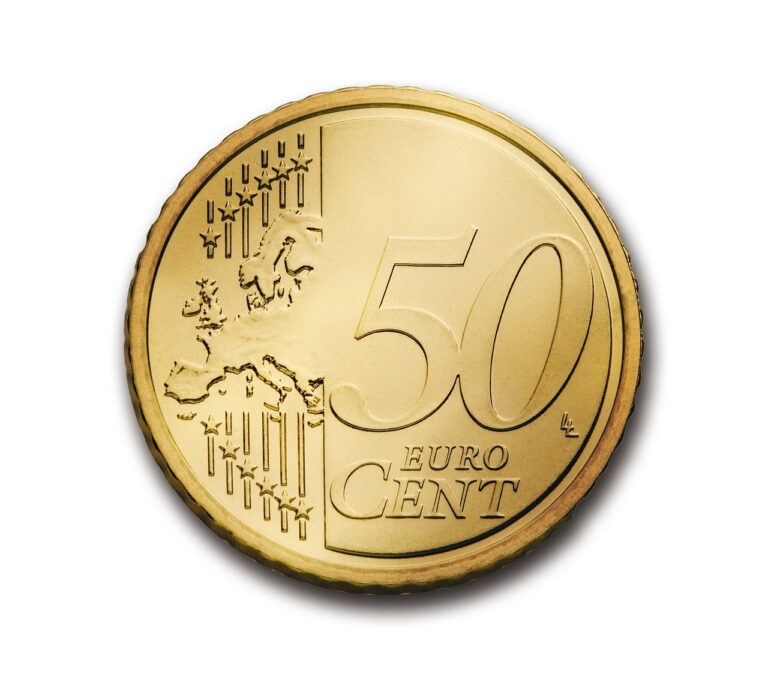Leveraging Blockchain for Traceability in Food Supply Chains
Icebook9, Goexch9Com: Traceability in food supply chains is a critical aspect that ensures the safety and quality of products from farm to fork. It allows for the identification and tracking of the origin, movement, and processing of food items throughout the supply chain. By implementing traceability measures, stakeholders can quickly pinpoint and address any issues related to food safety, authenticity, or compliance with regulations.
Having a robust traceability system in place not only benefits consumers by providing them with transparent information about the products they consume but also helps food businesses uphold their reputation and mitigate risks. In the event of a foodborne illness outbreak or contamination, traceability enables swift identification of the affected products, leading to more efficient recalls and reducing the impact on public health and the brand reputation of the company involved.
Traceability in food supply chains ensures the safety and quality of products from farm to fork.
It allows for the identification and tracking of the origin, movement, and processing of food items throughout the supply chain.
Implementing traceability measures helps stakeholders quickly pinpoint and address issues related to food safety, authenticity, or compliance with regulations.
A robust traceability system benefits consumers by providing transparent information about the products they consume.
It also helps food businesses uphold their reputation and mitigate risks in case of a contamination outbreak.
How Blockchain Technology Works
Blockchain technology operates on a decentralized network where transactions are securely recorded across multiple computers. Each transaction added to a block is encrypted and linked to the previous block in a chronological chain, forming a secure and transparent ledger. This chain of blocks, or blockchain, ensures that all information is immutable and easily verifiable.
In order to add a new block to the blockchain, a consensus mechanism is used to validate the transaction. This process involves nodes on the network solving complex mathematical equations to confirm the legitimacy of the transaction. Once a consensus is reached, the new block is added to the chain, further securing the information and maintaining the integrity of the network.
Benefits of Implementing Blockchain for Traceability
Blockchain technology offers a solution to improve traceability in food supply chains by providing an immutable and transparent record of each transaction. This enhanced level of transparency can help in identifying the origins of products, tracking their journey through the supply chain, and ensuring that food safety standards are met.
By leveraging blockchain for traceability, stakeholders can quickly trace the movement of products, detect any issues or contamination points, and implement timely recalls if necessary. This can significantly reduce the time and resources required for traceability investigations, leading to faster response times and increased consumer trust in the food supply chain.
How does traceability help in food supply chains?
Traceability in food supply chains helps to track the origin and journey of food products from farm to table, ensuring safety, quality, and authenticity.
How does Blockchain technology work in ensuring traceability?
Blockchain technology creates a transparent and secure digital ledger that records all transactions and movements of products across the supply chain, making it easier to trace and verify their authenticity.
What are the benefits of implementing Blockchain for traceability?
Some of the benefits include enhanced transparency, improved trust among stakeholders, faster traceability in case of recalls, reduced fraud and counterfeiting, and better compliance with regulations.
How does Blockchain technology ensure data integrity in traceability?
Blockchain technology uses cryptographic hashing and consensus mechanisms to ensure that data stored on the blockchain is tamper-proof and immutable, maintaining the integrity of traceability records.
Can Blockchain technology be integrated with existing traceability systems?
Yes, Blockchain technology can be integrated with existing traceability systems through APIs and data interoperability standards, ensuring seamless data sharing and interoperability across different platforms.







